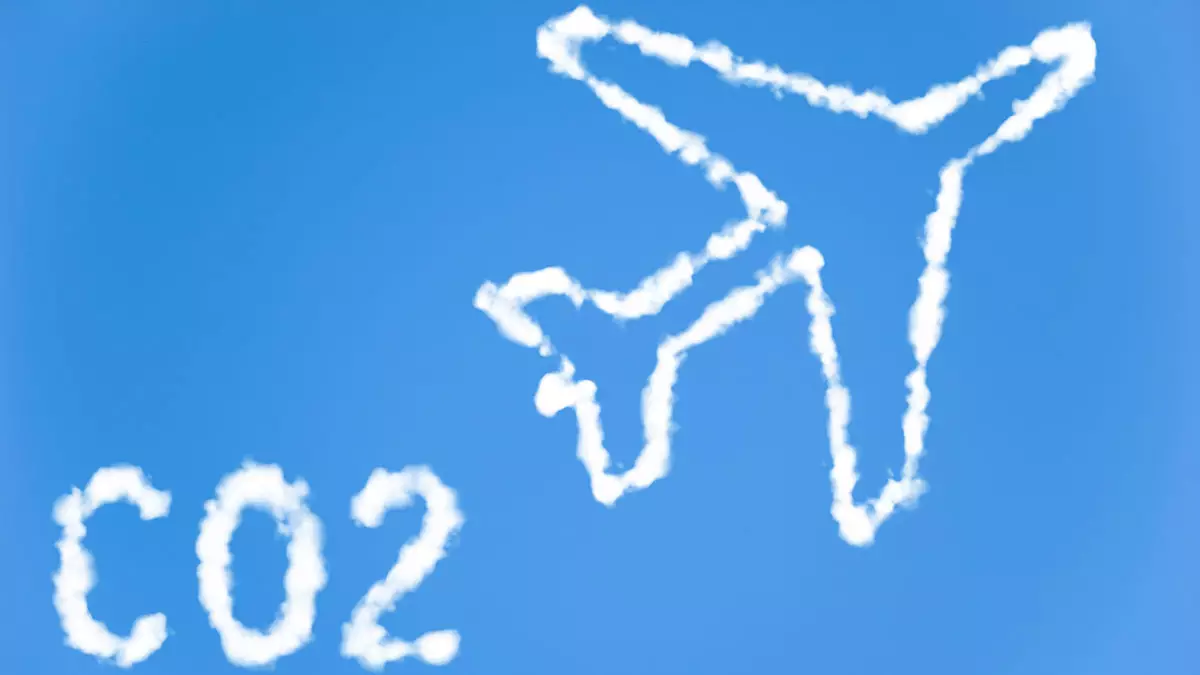The Federal Aviation Administration (FAA) has taken a significant step towards promoting sustainability in the aviation industry by awarding $291 million in grants for sustainable aviation fuel (SAF) and technologies. These funds, authorized under the 2022 Inflation Reduction Act, aim to support the Biden administration’s goal of achieving 3 billion gallons of domestic SAF production annually by 2030, which would account for 10% of aviation fuel consumption in the U.S.
Allocation of Funds Towards Various Projects
The majority of the grant money, amounting to $244.5 million, will be directed towards 22 projects focused on producing, transporting, blending, or storing SAF, as well as related studies. For instance, SAF producer Gevo is set to receive $16.8 million to convert an existing fuel facility in Luverne, Minnesota into one that refines alcohol into SAF. Similarly, Arcadia EFuels, based in Texas, will receive $14.6 million for a SAF plant that is projected to produce 23.2 million gallons annually by 2028.
Apart from SAF initiatives, the remaining $46.5 million in grants will support other low-emissions aviation projects. Startup JetZero, for example, has been awarded $8 million for designing a blended-wing aircraft expected to reduce carbon emissions and fuel burn by up to 50%. Blended-wing designs offer improved aerodynamics and reduced aircraft weight, making them more fuel-efficient compared to traditional tube-and-wing passenger planes.
While global SAF production is expected to triple this year to 500 million gallons, it still represents only 0.5% of the aviation industry’s fuel needs. The growth of SAF production has been slower than anticipated, leading to a downward revision of forecasts by organizations such as the International Air Transport Association (IATA). Air New Zealand recently reevaluated its 2030 emissions-reduction target due to the limited availability and affordability of SAF.
Industry Calls for Government Support and Criticism
Airlines are urging governments to provide more subsidies and incentives to boost SAF production, while also criticizing major energy producers for their perceived lack of effort in this area. However, critics argue that airlines themselves need to invest more in SAF and other emissions-reduction initiatives instead of solely relying on external support.
The FAA’s generous grants towards sustainable aviation fuel and technologies mark a positive development in the industry’s transition towards greener operations. While progress has been made, more collaborative efforts and investments from all stakeholders are essential to meet ambitious sustainability goals in the aviation sector.

